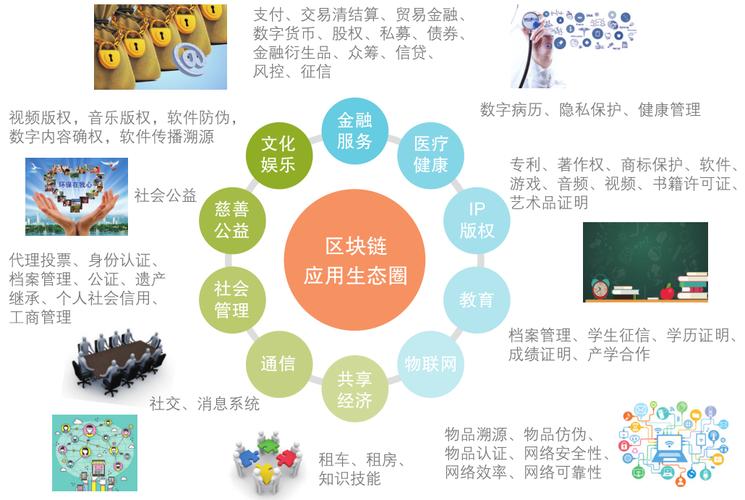Title: Understanding the Limitations of Trust in Blockchain Technology

Blockchain technology has garnered significant attention for its potential to revolutionize various industries by providing a decentralized and secure method of recording transactions. However, despite its many advantages, blockchain also has limitations when it comes to trust. In this article, we will explore the inherent trust limitations in blockchain and the reasons behind them.
One of the key features of blockchain is its immutability, meaning once a transaction is recorded, it cannot be altered or deleted. While this ensures data integrity, it also poses a challenge when errors occur. In traditional systems, trusted intermediaries can rectify mistakes, but in a blockchain, such corrections are difficult, leading to potential trust issues.
Although blockchain aims to eliminate the need for central authorities, the reality is that many blockchain networks exhibit varying degrees of centralization. For example, in permissioned blockchains, a central entity controls network access, undermining the decentralized ethos. This centralization can lead to concerns about the fairness and neutrality of the network, eroding trust among participants.
Smart contracts, selfexecuting contracts with the terms of the agreement directly written into code, are a cornerstone of blockchain applications. However, the trust placed in smart contracts is only as reliable as the code itself. Bugs or vulnerabilities in smart contracts can lead to unintended consequences, such as fund losses or contract breaches, shaking trust in the entire system.
While blockchain offers transparency by storing transaction data on a public ledger, it also raises privacy concerns. Participants may hesitate to conduct sensitive transactions on a transparent platform, fearing exposure of confidential information. Privacyenhancing techniques like zeroknowledge proofs aim to address this issue, but their effectiveness in preserving privacy without sacrificing trust is still evolving.
Blockchain networks rely on consensus mechanisms to validate and add new transactions to the ledger. However, achieving consensus among diverse participants can be challenging and may require governance structures to resolve disputes. The lack of standardized governance models across blockchain platforms can lead to confusion and mistrust among stakeholders, hindering broader adoption.
Despite its decentralized nature, blockchain ecosystems often depend on external factors for operation, such as internet connectivity, regulatory frameworks, and infrastructure providers. Any disruptions to these dependencies can impact the reliability and trustworthiness of the entire blockchain network, highlighting the interconnectedness of blockchain with the broader ecosystem.
While blockchain technology holds immense promise for fostering trust in various domains, it also presents inherent limitations that must be acknowledged and addressed. By understanding the factors contributing to trust limitations in blockchain, stakeholders can work towards developing solutions that enhance trustworthiness and drive the widespread adoption of this transformative technology.
标签: 区块链信任局限性及原因研究 区块链信任问题 区块链信任与传统信任的区别







